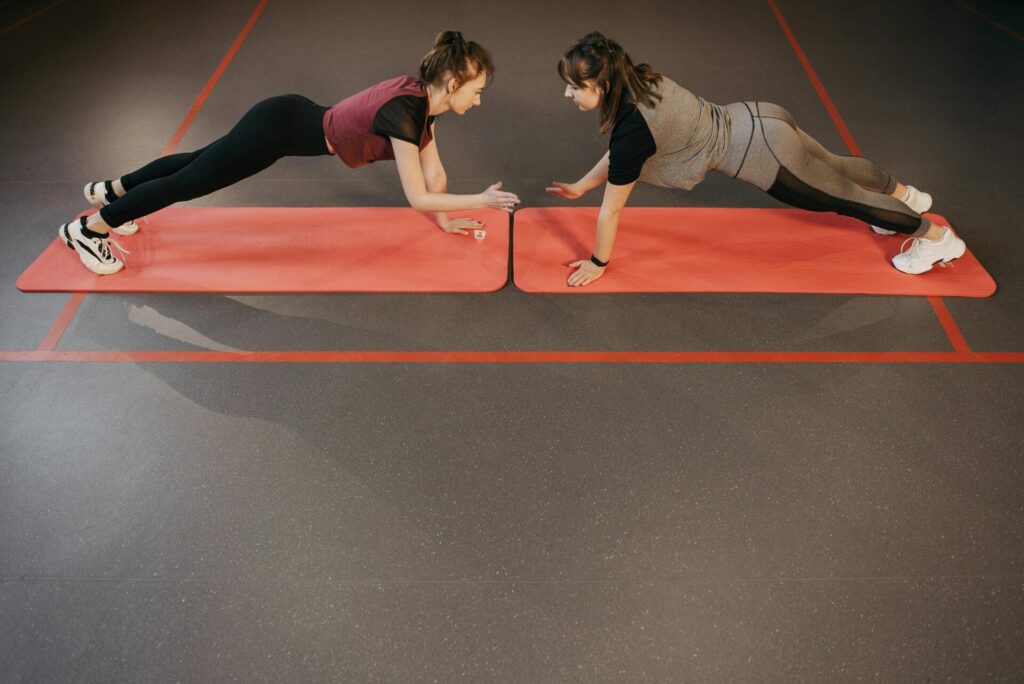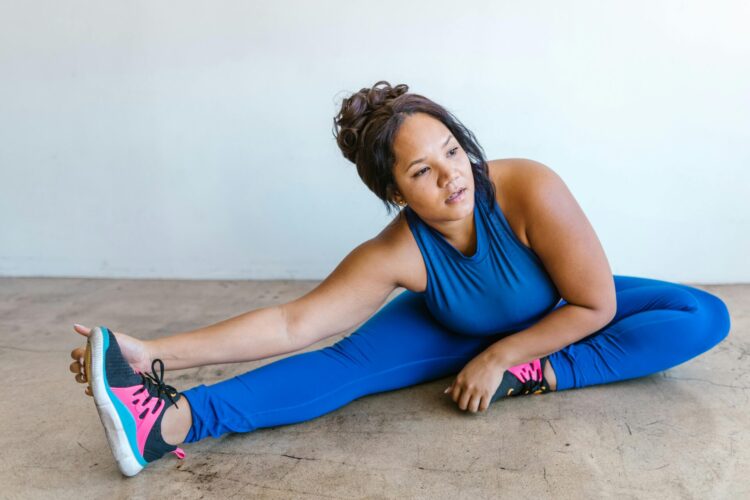Tip 1: Eat a balanced diet
As you get older, you need to eat less food in order to maintain your weight. However, you still need to make sure that you get all of the vitamins and minerals your body needs.
You can achieve this balance by following Canada’s Food Guide. Eating a variety of vegetables and fruit, whole grains and protein foods can help make sure that you get the nutrients you need each day. There is specific advice for adults aged 51 and over, since nutrient needs change as you age.
Limit your intake of foods that are not part of Canada’s Food Guide, such as:
- Baked goods: pies, cakes and cookies
- Salty snacks: chips, pretzels
- Deep fried foods: French fries
- Soda pop and sugar-sweetened beverages
- Sweet foods: chocolate, candy and ice cream
These foods do not provide a good source of vitamins or minerals. However, they do provide lots of calories, fat and sugar that may lead to weight gain.
Tip 2: Keep track of what you eat and plan your meals
You may find it helpful to keep a journal of what you eat and how much you eat. This can help you see what your portions are and if you are eating a balanced amount of food from Canada’s Food Guide. Print and use this form.
Spending a little time each week planning your meals can go a long way. When you plan your meals before you go grocery shopping, you can make sure you have all the ingredients needed to stick to your plan. It also helps you reduce food waste and save money.

Tip 3: Be active
Physical activity is vital for your health. Being active helps lower the risk of heart disease, stroke, cancer, diabetes and other chronic diseases. Being active can make you stronger and provide you with more energy. Plus, being active can help you maintain strength, balance and coordination.
Try to get at least 2 ½ hours of aerobic activity each week such as walking, swimming and biking. Try some activities to strengthen muscles and bones too. This will help your posture and balance. Try lifting weights or doing yoga. Check with your healthcare provider before starting any exercise program to make sure it is right for you.
Helpful tip: Be social while you are active! Find classes in your community, such as dance or Tai Chi or walk with a friend. It’s easier to stay on track when you have support.
Tip 4: Make small changes
Try to make small changes to enhance your eating habits. Over time they can add up to big health rewards. Here are some changes you can try:
- Choose whole grain bread instead of white
- Switch from 2% milk to skim milk
- Put less sugar in your coffee or tea
- Have fruit for dessert instead of pastries, cakes or other sweets
- Choose legumes like beans, peas and lentils or tofu instead of meat for dinner
- Drink water instead of pop, juice or other sugar-sweet beverages
Pick one change each week until you are comfortable with it. Then, add in another one!
You can also work on changing the way you cook your favorite foods. Changing ingredients can help make it more nutritious. Click on each link for recipe makeovers that will help you reduce salt, sugar and fat.
Bottom line
You can maintain your weight by making small changes that build up over time. Eat a variety of vegetables and fruit, whole grains and protein foods to get the energy and nutrients you need. Try planning your meals in advance and look for opportunities to be active.
References
UnlockFood. (January 15th, 2021). Five tips on maintaining your weight as you age. https://www.unlockfood.ca/en/Articles/Seniors-nutrition/Five-Tips-on-Maintaining-Your-Weight-as-You-Age



